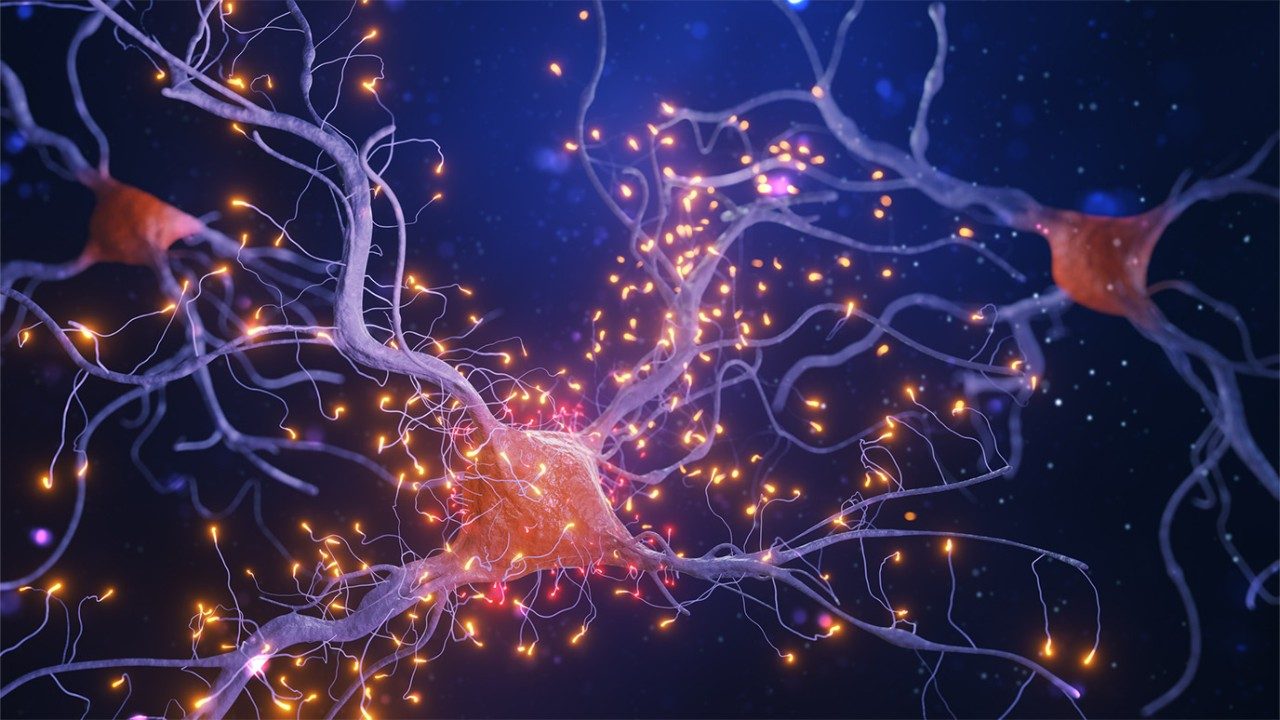Amit Lab Animation

Amit Laboratory
Moran Amit, M.D., Ph.D.
Principal Investigator
Areas of Research
- Neural Regulation of Cancer
- Tumor Microenvironment
- Head and Neck Cancer
Welcome to the Amit Laboratory. We are a neuroscience and cancer biology research lab. Our goal is to advance the current understanding of the nervous system’s contribution to cancer. We have established experimental models in neuroscience research to uncover novel mechanisms used by the nervous system to promote tumor initiation, progression, and metastasis. We apply these tools to study complex biological processes that occur in human cancers including transformation, invasion, metastasis and chemoresistance evolution.
Scroll Ahead
- Departments, Labs and Institutes
- Labs
- Amit Laboratory
Meet the Principal Investigator

Moran Amit, M.D., Ph.D.
Principal Investigator
Dr. Amit's aim is to inform key areas of cancer research, including the prevention and treatment of solid tumors. His research focuses on mechanisms used by the nervous system to promote tumor initiation, progression, and metastasis.
Dr. Amit holds a clinical background as a head and neck surgeon trained in the department of Head and Neck Surgery, and he obtained a Ph.D. in Cancer Biology at the Israel Institute of Technology in Haifa, Israel.
He was recruited by the Department of Head and Neck Surgery to establish a Neural Regulation of Cancer section in a research program dedicated to studying the tumor microenvironment. He has developed novel modeling systems of the neural niche in the tumor microenvironment both in vitro and in vivo using syngeneic mouse models and imaging systems. He also has significant prior publications defining the role of immune cells in cancer dissemination along nerves.
Dr. Amit's long-term goal is to unveil the microenvironment-driven mechanisms that support tumor growth and to develop measures to target these pathways.
Research Focus
Our research focus is split evenly between experimental cancer cell biology and studying tumor microenvironment subpopulations using computational biology approaches. We develop new experimental methods to isolate and sequence neural niche subpopulations and apply analytical approaches to study how solid tumors sculpt their microenvironment. We focus mainly on head and neck cancer to understand the role of the peripheral nervous system in the evolution of invasion, metastasis, and response to chemotherapy. Our goal is to understand the role of neural signaling in tumor evolution so that we can exploit these signals for therapeutic vulnerabilities and enhance cancer therapy. We fully expect that applying these tools to patients will ultimately inform key areas of cancer research including the prevention and treatment of head and neck cancer.

Neurodegeneration and cancer: What’s the link?
Recent studies have shown that age-related neurodegenerative diseases such as Alzheimer’s disease and Parkinson’s disease occur less frequently in cancer survivors, but little is known about the role of the nervous system in cancer progression. Cancerwise speaks to Moran Amit, M.D., Ph.D., assistant professor of Head and Neck Surgery, to help clarify this potential link and to learn about the work his lab is doing to help further our understanding of cancer neuroscience, a rapidly emerging field that combines many aspects of cancer biology, aging, immunology and neurobiology.
Amit Lab News
-
Nature Reviews Cancer
Neuro-immune cross-talk in cancer Opens a new window
-
Nature Reviews Drug Discovery
Targeting the peripheral neural-tumour microenvironment for cancer therapy Opens a new window
-
Nature
Cancer-induced nerve injury promotes resistance to anti-PD-1 therapy Opens a new window
-
Science Translational Medicine
Neural landscape is associated with functional outcomes in irradiated patients with oropharyngeal squamous cell carcinoma Opens a new window
-
Nature News Feature
How cancer hijacks the nervous system to grow and spread Opens a new window
-
USA Today
People on meds for depression are showing fewer cases of cancer. Is there a link? Opens a new window
-
Advanced Biology
The cancer neuroscience platform and training opportunities Opens a new window
Enjoy Science Webinar Series: Cancer Takes Nerves
Save the Date
Life in the Lab







